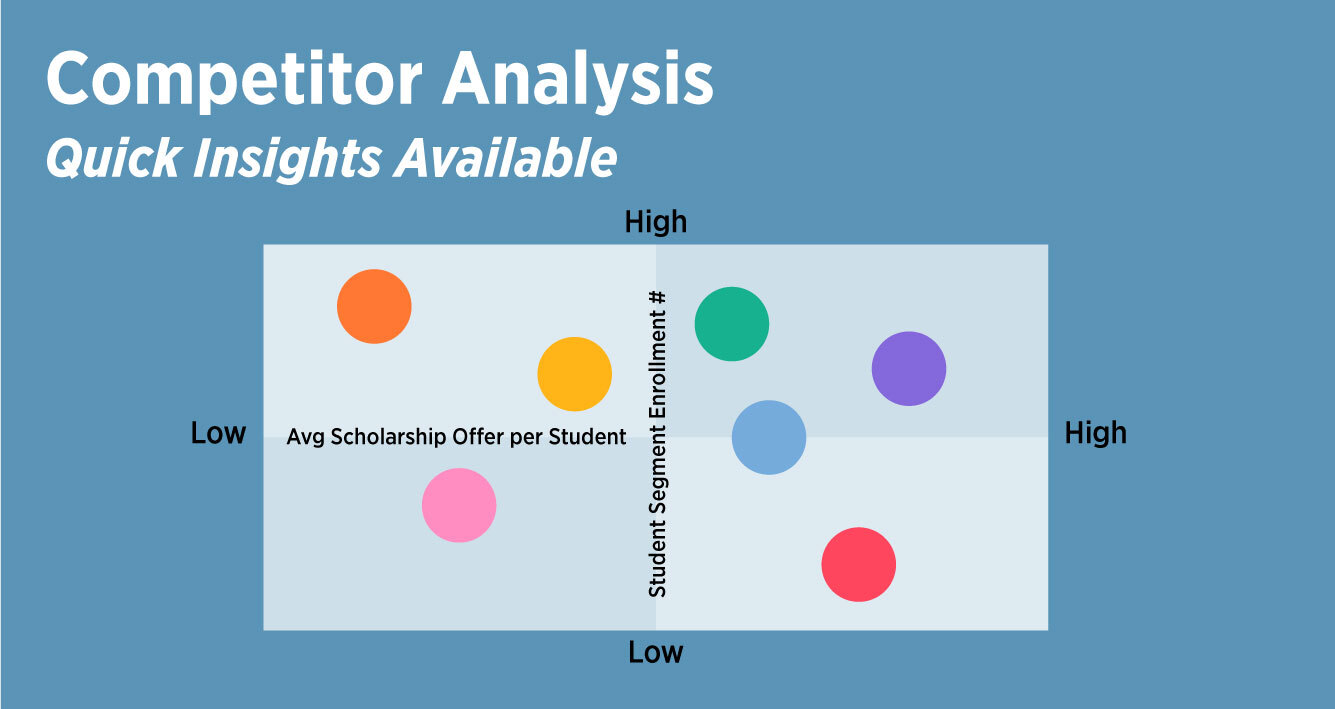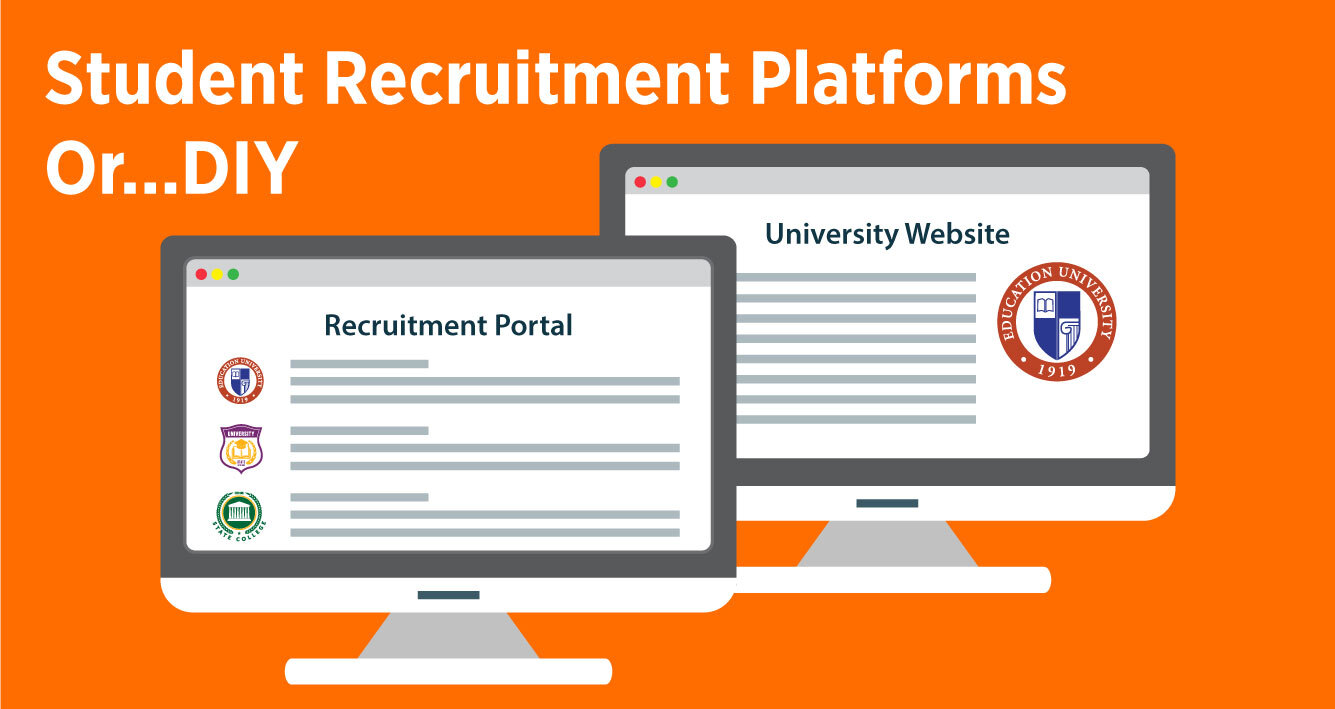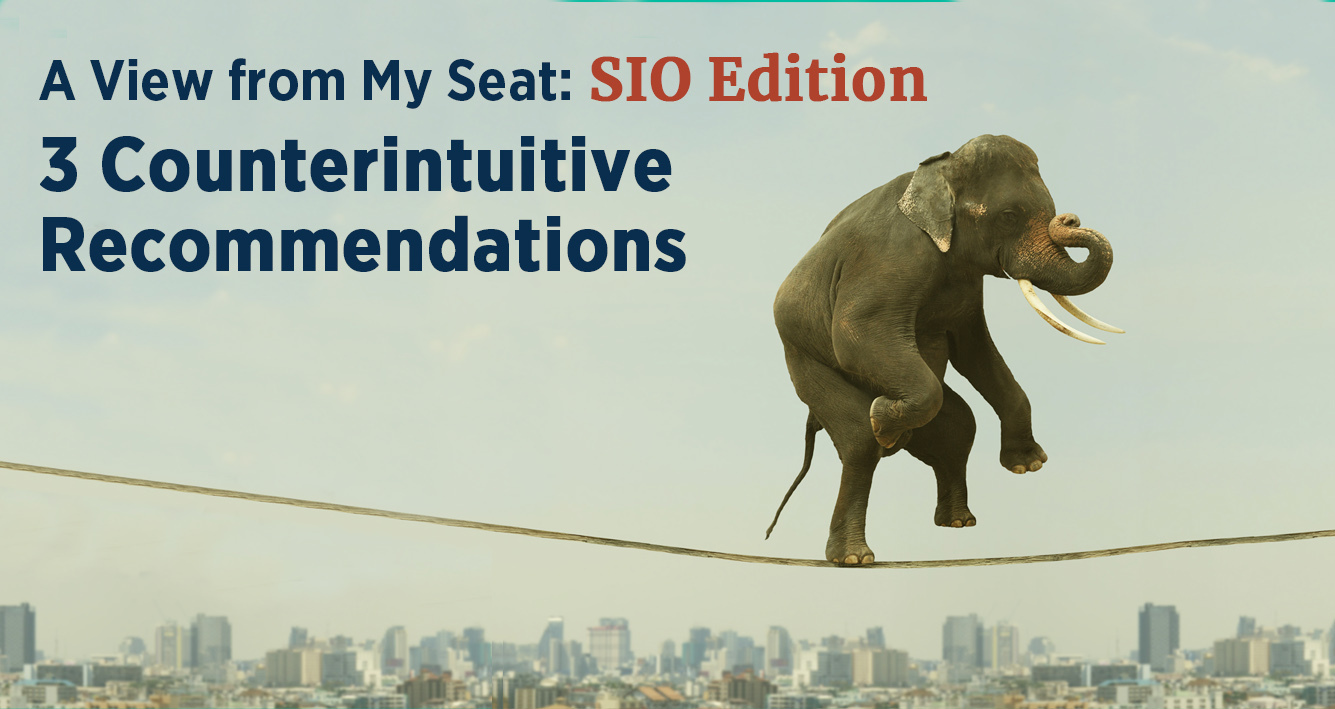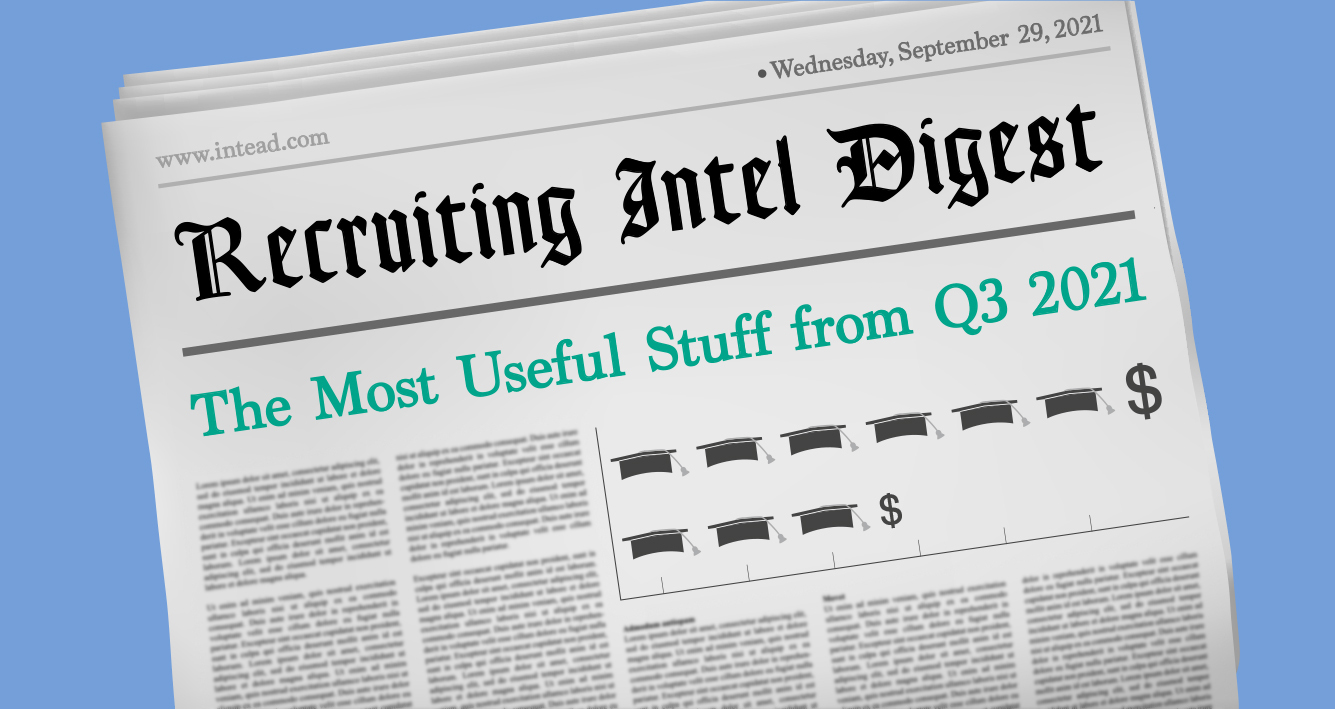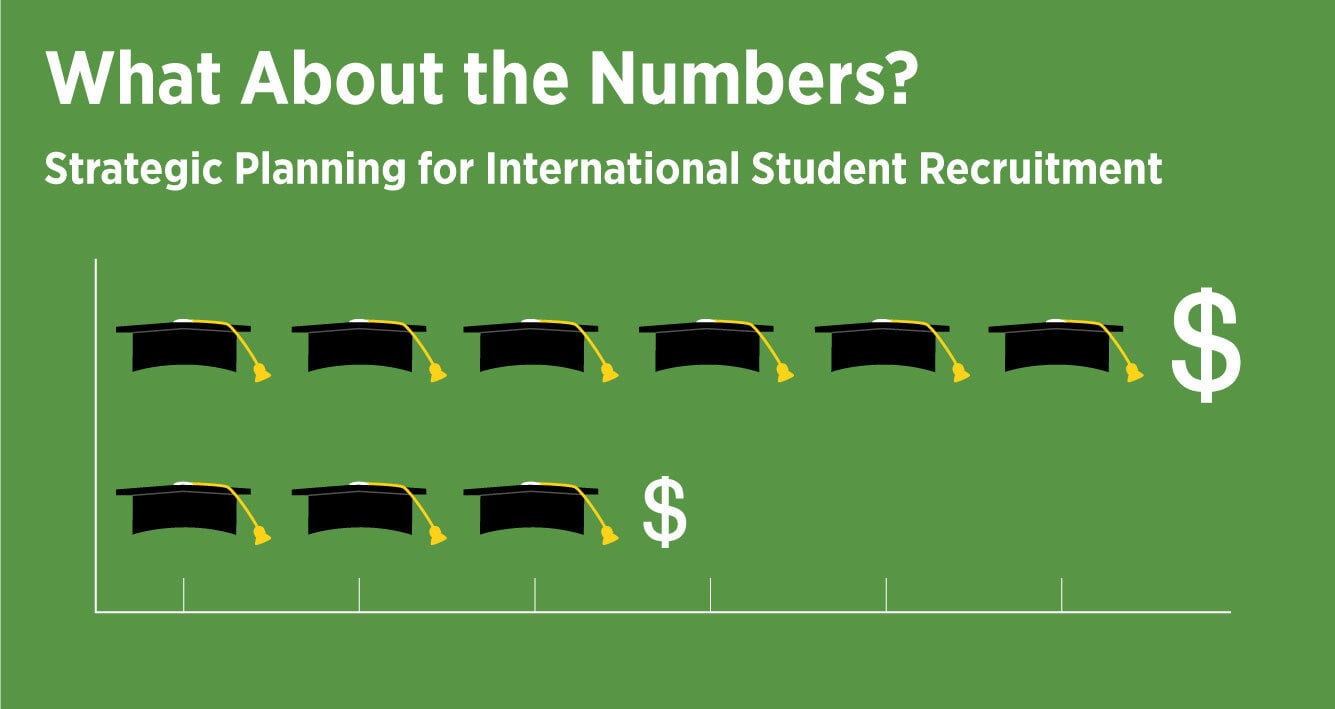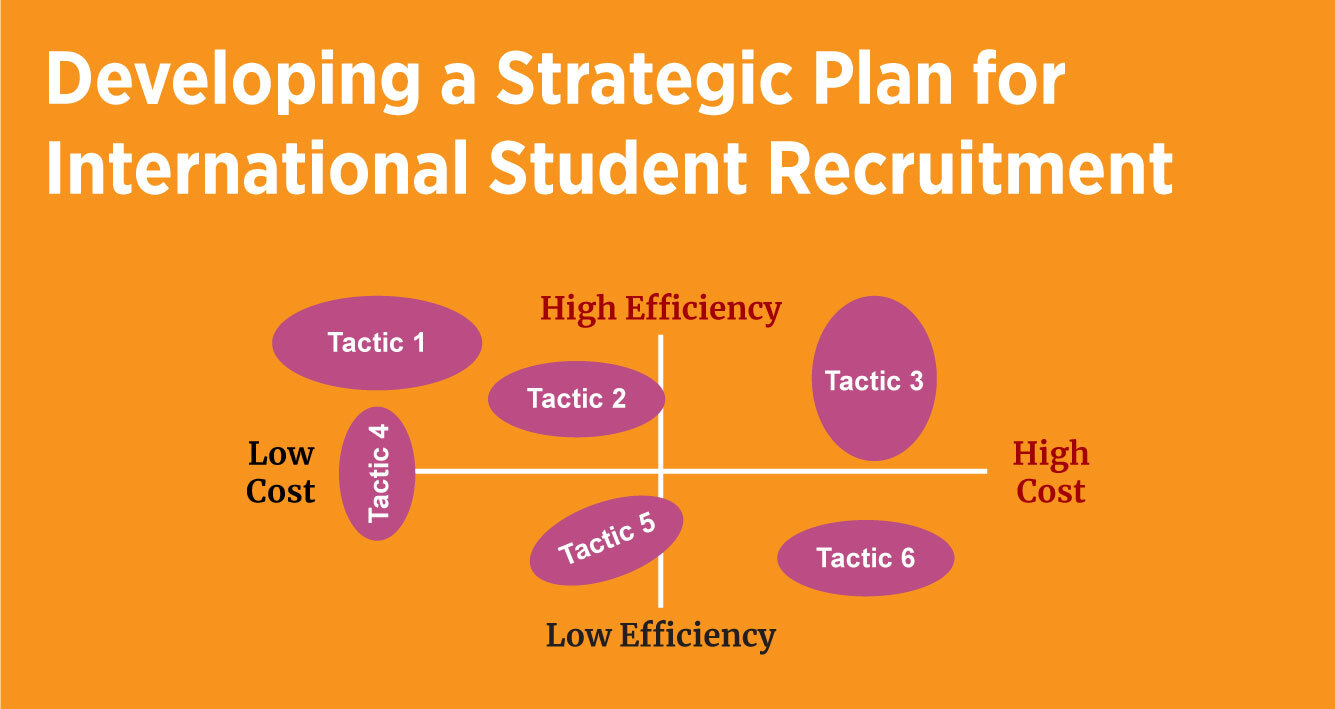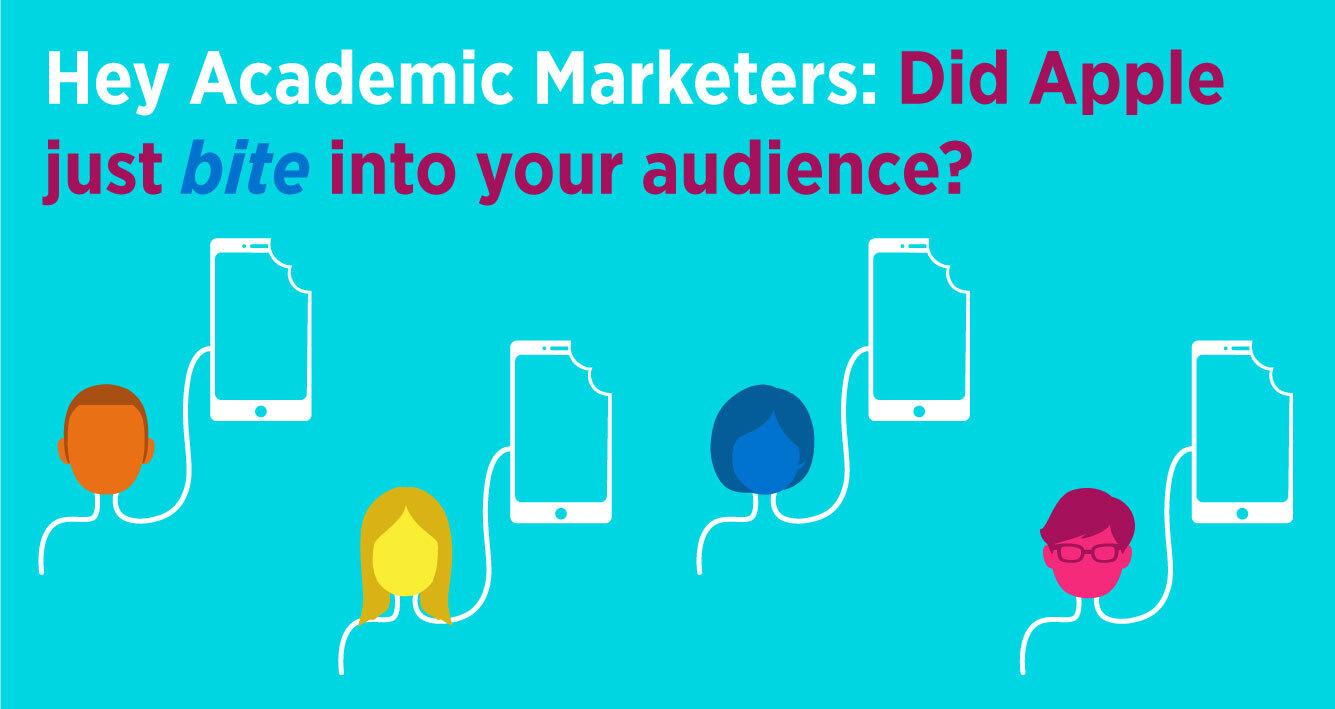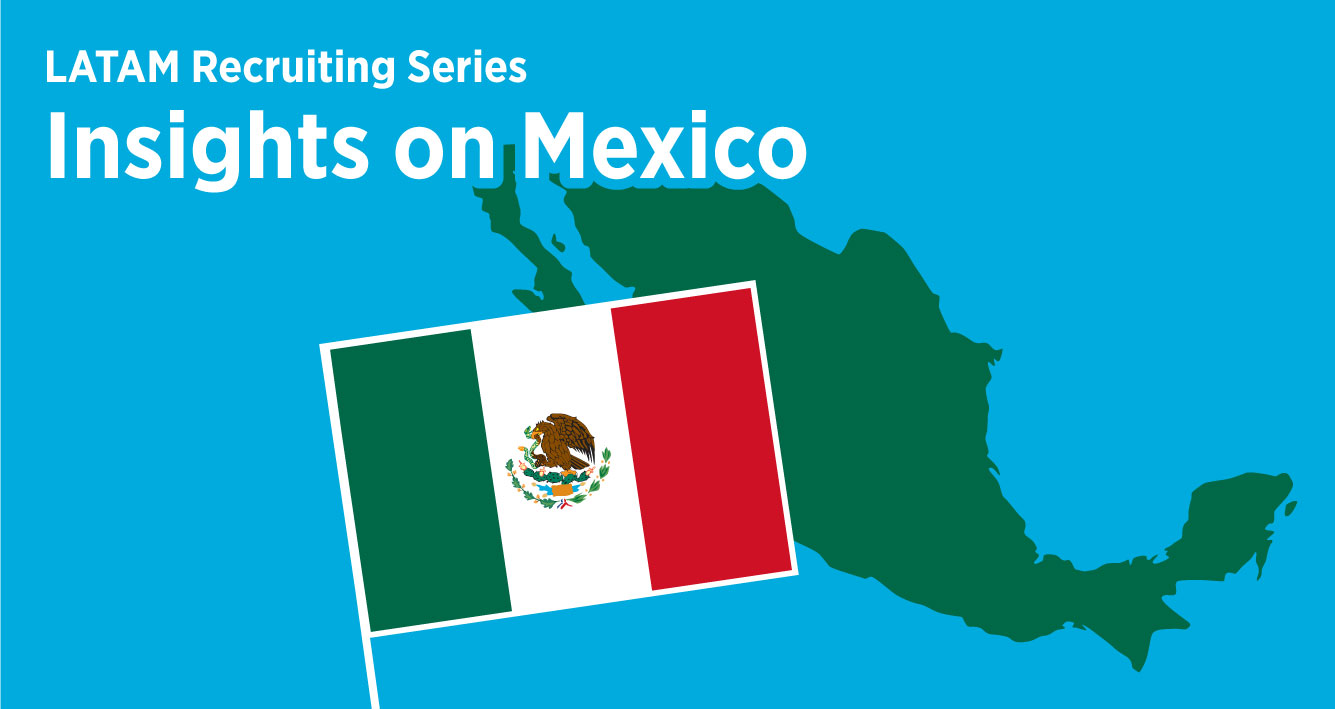It is wonderful to see a number of institutions touting strong, even incredible, increases in applications for their fall 2021 enrollment. And then the crowing over the record number of students actually enrolling. These successes are fabulous, for sure.
Yet, NCES data just released, with about 50% of all institutions reporting, shows the broader, less rosy picture. Most institutions saw average enrollment declines of around 3% (or worse) in various student segments.
Those few who are cheering, and the larger number of enrollment managers furrowing their brows, are evaluating all of this in the context of what happened in fall 2020 when so many institutions saw frightening and dramatic declines. Bigger than the enrollment blips that 2020 and 2021 represent is, of course, the enrollment cliff predicted for 2025/2026. How are institutions preparing for the challenges ahead?
We’ve seen an increasing number of institutions re-evaluating the game plan and getting very concerned about whether or not they appeal to Gen Z. It is a valid question. An important question. And here’s the thing: marketing agencies everywhere are making the most of that question in ways that can be highly misleading – the level of exaggeration coming from the marketing world prompts a bit of an eyeroll.
Sure, the decision-making process has differences today, but honestly, it is more the same than it is different. Not saying institutions seeking to attract and enroll students don’t need to adjust. They do.
Note: We recently presented an AIRC-hosted webinar alongside Technion Israel Institute of Technology talking about digital marketing and Gen Z that is now available to subscribers to our Intead Plus library.
Read on for insights on two important avenues for getting Gen Z to think more seriously about your institution. And join us at the AIRC conference in Miami in December 2021, where there will be plenty of talk on this topic.
A key idea: re-evaluate the hoops you make applicants jump through.
Read More

